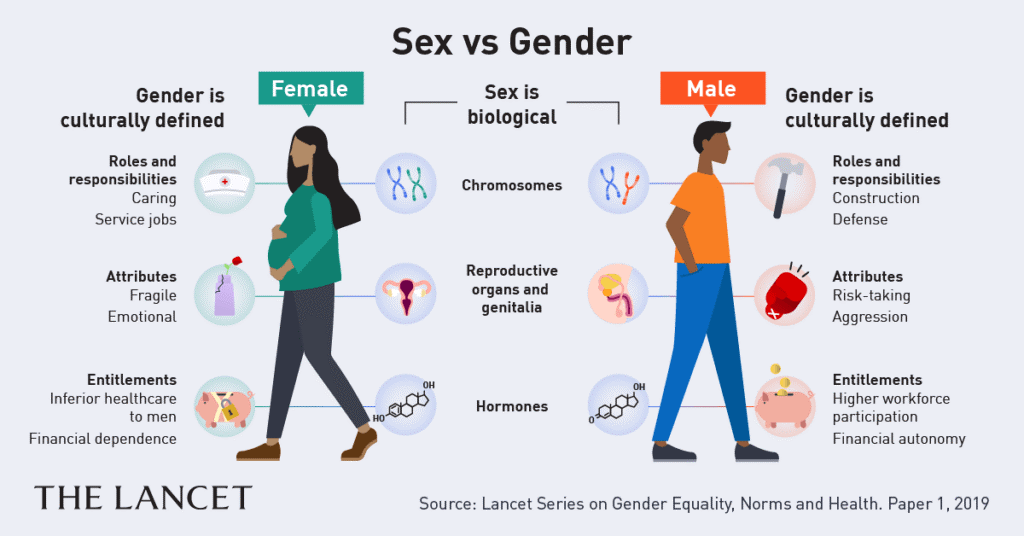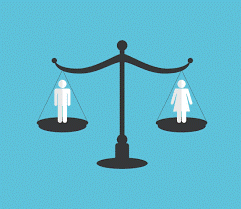Gender Equity & Equality


Gender Equity
“Fairness of treatment for women and men, according to their respective needs. This may include equal treatment or treatment that is different but which is considered equivalent in terms of rights, benefits, obligations and opportunities” (ILO)
Gender Equality
“The equal rights, responsibilities and opportunities of women and men and girls and boys. Equality does not mean that women and men will become the same but that women’s and men’s rights, responsibilities and opportunities will not depend on whether they are born male or female. Gender equality implies that the interests, needs and priorities of both women and men are taken into consideration, recognizing the diversity of different groups of women and men. Gender equality is not a women’s issue but should concern and fully engage men as well as women. Equality between women and men is seen both as a human rights issue and as a precondition for, and indicator of, sustainable people-centered development”
(UN WOMEN)

Sustainable Development

Ending all discrimination against women and girls is not only a basic human right, it’s crucial for sustainable future; it’s proven that empowering women and girls helps economic growth and development.
UNDP has made gender equality central to its work and we’ve seen remarkable progress in the past 20 years. There are more girls in school now compared to 15 years ago, and most regions have reached gender parity in primary education.
But although there are more women than ever in the labour market, there are still large inequalities in some regions, with women systematically denied the same work rights as men. Sexual violence and exploitation, the unequal division of unpaid care and domestic work, and discrimination in public office all remain huge barriers. Climate change and disasters continue to have a disproportionate effect on women and children, as do conflict and migration.
It is vital to give women equal rights land and property, sexual and reproductive health, and to technology and the internet. Today there are more women in public office than ever before, but encouraging more women leaders will help achieve greater gender equality.
